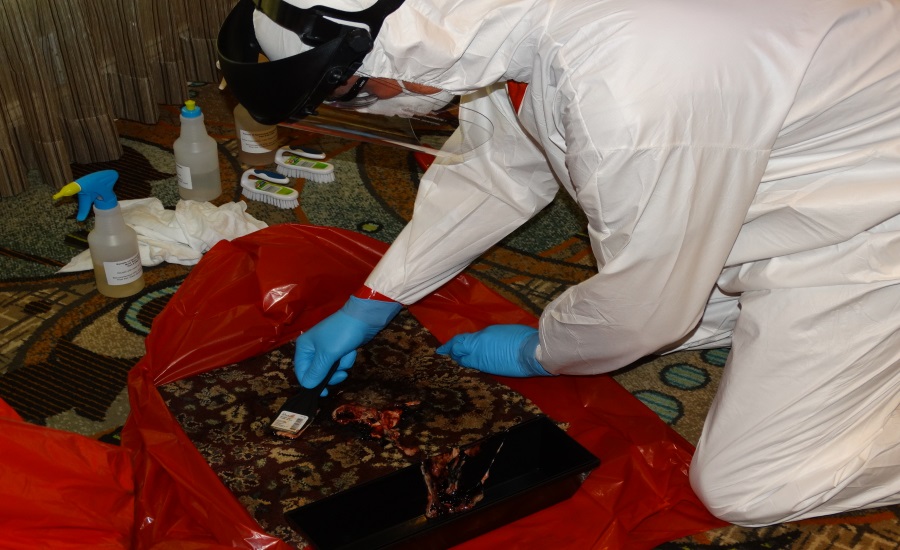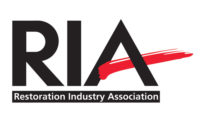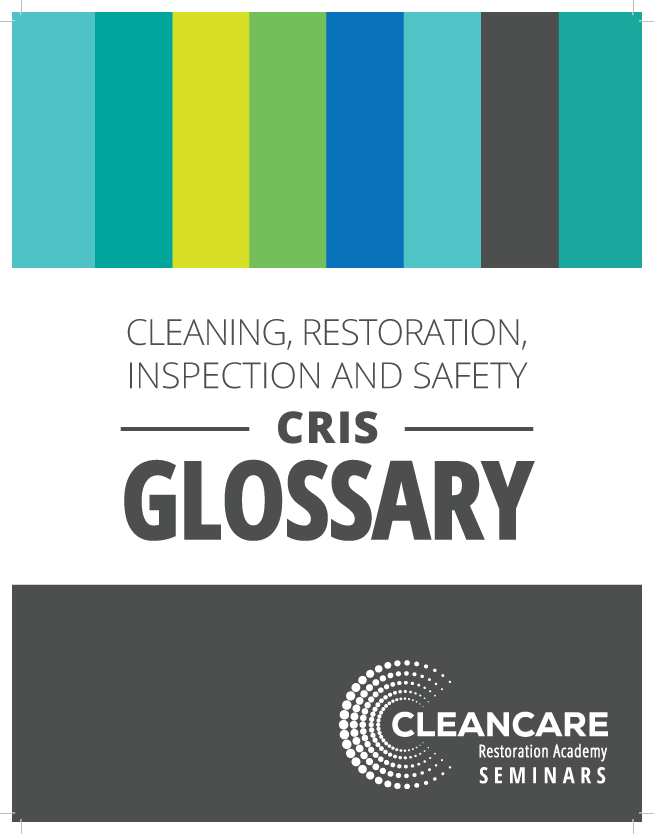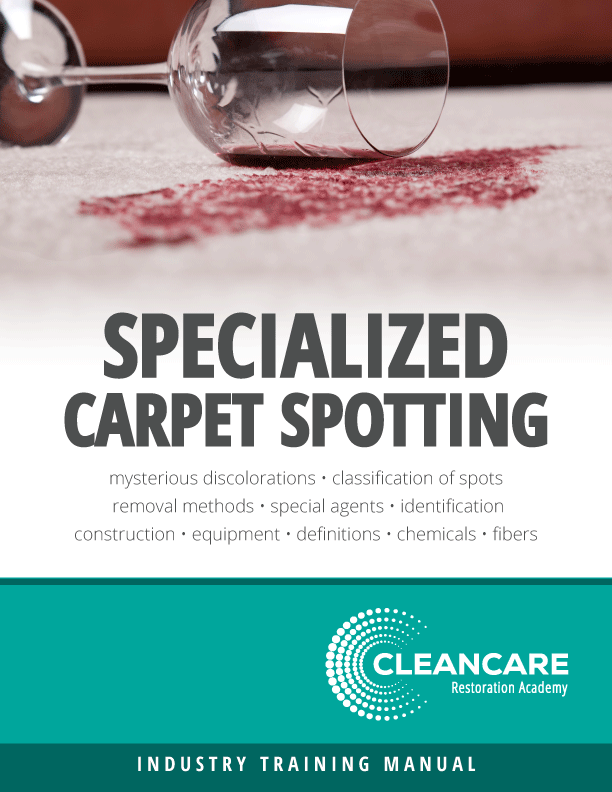RIA Forensics Technical Conference a Huge Success
Planning for future conference likely starting soon!

During the last week in October, experienced professionals, business owners, industry thought leaders, equipment manufacturers and chemical suppliers gathered in Newport Beach, Calif., for the RIA’s first technical conference on forensic restoration.
The meeting kicked off with a rousing call to battle. Understanding that safety of remediators and clients comes first, followed by effective remediation of biological and chemical hazards, the attendees were encouraged to take on the mindset of a warrior and to train constantly.
Through more than two dozen sessions, attendees learned about project planning, biology 101, handling unattended deaths, infection control, dealing with people under stress, selecting disinfectants, and more. The goal of this conference was to share relevant and practical information that would enable forensic restoration professionals to improve the effectiveness and strength of their businesses.
Several speakers addressed the fact that things which we can’t see with our eyes can hurt us; therefore, remediators must aggressively combat microbes and other threats.
This technical conference was different than other industry events because it was set up with a focus on hands-on training. Under the watchful eyes of experts, everyone practiced the proper donning and doffing of PPE. They also worked with a range of cleaning chemicals, disinfects, single-use microfiber and antibacterial soap to remediate blood and brain matter. Organizers arranged for attendees to get hands-on training with real hazards to become more proficient and ready to convey what they learned to co-workers and employees.
Through case studies on topics ranging from unattended death and suicide, to meth and hoarding clean up, there were plenty of opportunities to ask questions of those who have built successful businesses helping families through traumatic losses. The importance of keeping a servant’s heart was emphasized and in conversations with participants during meals it was apparent that this was a value that a number of the participants already embodied.
As with other gatherings of professionals, there were opportunities to network and to make new friends. Based on feedback from participants, many plan to attend the next RIA Forensic Restoration technical conference. Since registration will be limited to a specific number of people, be sure to keep your eyes peeled for registration information in the future for the next conference.
You can see more photos from the conference in the December issue of R&R.
Looking for a reprint of this article?
From high-res PDFs to custom plaques, order your copy today!






